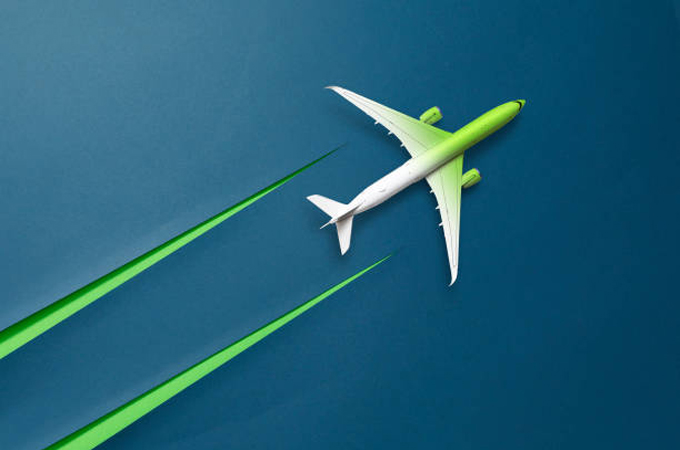 Image by Horstgerlach/ iStock
Image by Horstgerlach/ iStock
Chile aims to start producing sustainable aviation fuel (SAF) in a large plant by 2030 and use the fuel made from oils, fats, and biological and municipal waste for half of its aviation needs by 2050, a government report released said.
The "2050 SAF Roadmap" report was presented by Fernanda Cabañas, program coordinator for Chile's public-private "Clean Flight" project that aims to decarbonise the country's airline industry, at an aviation conference in Santiago.
Chile expects air traffic to double by 2040 and SAF is essential in helping the country meet its decarbonisation goals, the report said.
SAF can be mixed with conventional jet fuel to reduce emissions by up to 80 per cent without engine modifications.
"More than 50 per cent of carbon emissions reductions are going to be done through SAF," Cabanas said in an interview on the sidelines of the conference. "It plays a predominant role in our net zero goals."
No estimates are available on how much the factory would produce in 2030, Cabanas said.
Airlines are rushing to purchase SAF to meet sustainability goals but supply is scarce and production methods are costly, so the fuel costs three to five times more than traditional jet fuel.
Cabañas noted strong competition in the region for SAF sources, and said the program had met with local forestry, agriculture and hydrogen industry representatives to determine how much raw material they could supply.
A full study on the viability and economic projections of how much SAF, and from what sources, Chile can produce is expected in about six months.
Cristina Segura, head of the Concepcion University's bioenergy department, said on a conference panel that her department was aiming to produce the country's first liter of SAF.
US President Joe Biden's administration is expected to release a preliminary climate model for the US' SAF subsidy model in the coming weeks. The subsidies to farmers and other raw material suppliers are designed to help the US produce 3 billion gallons of SAF, up from its current 15.8 million. -Reuters


































































